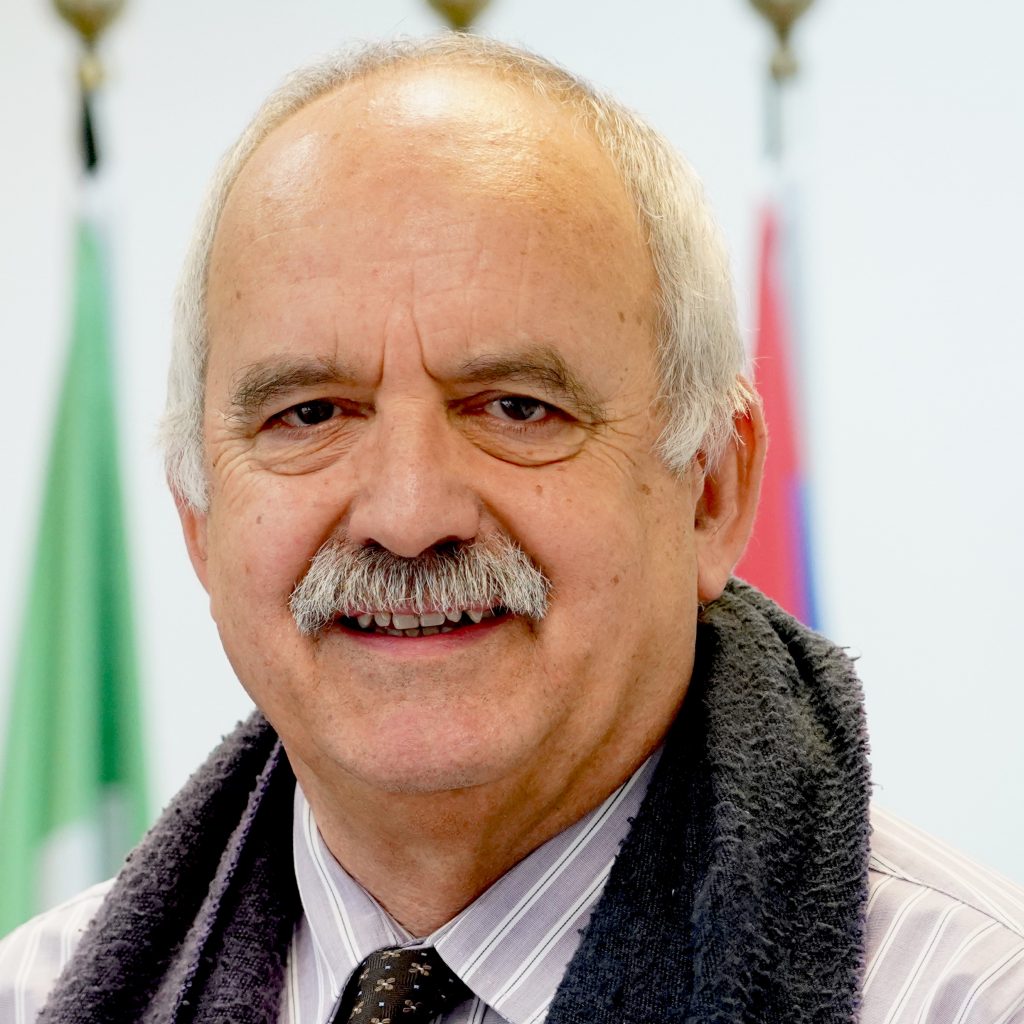
Ahead of the start of COP28 on Thursday, Jamie Williams, Islamic Relief’s Senior Policy Advisor on Poverty Reduction, explains the thought behind the global gathering and the ‘big question’ at this year’s COP.
What is COP28?
COP28 is the 28th annual meeting where countries get together to talk about how to deal with climate breakdown. This time, it’s happening in Dubai, United Arab Emirates, from 30 November to 12 December 2023.
Why do they meet?
Well, back in 1992, lots of countries agreed to a plan called the United Nations Framework on Climate Change. The goal was to control the amount of greenhouse gases in the air. Now, 197 countries are part of this plan.
To check how well everyone is doing, they created the Conference of Parties (COP) in 1995. They get together regularly to review progress.
What progress has been made since then?
In 1997, the involved countries made a big move called the Kyoto Protocol. This was important because it made countries promise to reduce their greenhouse gas emissions.
Then, in 2015, they came up with the Paris Agreement. This was a huge deal! It made countries work even harder to stop the Earth from getting too warm. They set a goal to keep the temperature rise below two degrees and try for 1.5 degrees Celsius.
So, COP28 is where they keep the conversation going about how to tackle climate breakdown and deal with its effects and make the world a better place for everyone.
That’s the plan, but what will really be happening?
COP28 is not just a serious meeting; it’s turned into a bit of a festival! Picture tens of thousands of people flying to Dubai. Most won’t even get close to the main conference. Instead, they’ll be caught up in a whirlwind of side events and pavilions hosted by governments and businesses. This year there’s even a religions pavilion.
Among the mix of guests, known as observers, you’ll find well-intentioned people seeking fair and effective climate action, experts sharing their ideas, and some scratching their heads wondering why they’re there.
However, there’s a another side too – hundreds of lobbyists, individuals working for big corporations and governments that profit from global warming, will be trying to keep things just the way they are.
All this hustle and bustle surrounds the main event – the negotiations. Here, delegates from different governments gather to figure out how to make the promises of the Paris Agreement a reality. This year’s to-do list includes shifting away from coal, gas, and oil in a fair manner, making sure people and systems can handle the changing climate, and dealing with the losses and damage caused by climate events.
What’s really urgent though, is putting an end to those fossil fuels. That’s the key to adapting and minimising losses and damage. But, of course, making that change costs money. The big question at this COP is whether wealthy countries, which got rich burning fossil fuels, are willing to share their wealth to help poorer countries facing the harsh consequences.
How is Islamic Relief involved?
Islamic Relief will be part of these negotiations, speaking up for adaptation that puts the world’s poorest and most vulnerable people first. We’ll be echoing calls for climate justice, pushing for those responsible for the climate mess to pay for protecting people from its devastating effects. It’s a complex dance between interests, but one that could shape the future of our planet.
If you can support Islamic Relief’s work on climate advocacy and adaptation, please donate now.
Image: IISD/ENB
BROWSE OTHER OPINIONS
FEATURED OPINIONS
- “Things will only really change if men actively commit themselves as allies”
- Climate change: The biggest threat facing humanity today
- Central African Republic Blog #2
- “Nothing is impossible,” says our CEO on receiving honorary doctorate
- Earth Day: tackling war and hunger also means ending our dependence on fossil fuel
MOST POPULAR TOPIC
View More









